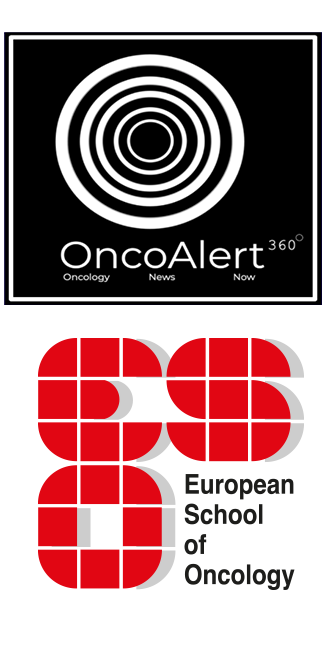Pathways
The role of systemic treatment in the multidisciplinary care of EARLY BREAST CANCER
Significant improvements in the outcome of breast cancer have been achieved in the last 2 decades by both increasing the rate of early diagnosis and the understanding of disease biology with consequent rational development of new targeted therapeutic agents and tailored strategies.
Breast cancer is a complex and heterogeneous disease: many factors need therefore to be considered when designing the individual adjuvant treatment. Careful evaluation and integration of both the degree of expression of biological targets and stage should drive the therapeutic decision for the optimal adjuvant approach.
Systemic treatments are the hinge of early breast cancer management: by treating potential micro-metastatic disease they prevent the development of distant metastases which impact survival. The pathway will address the different approaches e.g., pre-operative versus post-operative chemotherapy, the specificities in treating young and elderly women and the duration of endocrine therapy as well as critically illustrate tools developed to quantify the impact of chemotherapy and better personalize treatment. A special focus will be dedicated on how to integrate supportive treatments (e.g., bone modifying agents) in the adjuvant strategy and to manage side effects to improve adherence. Each lecture will emphasize the most relevant pending questions and new evidence.
The overall aim is to highlight the complexity of different disease settings and to help clinicians to understand and select the best available choices when sitting in a multidisciplinary meeting or in front of the patient according to their specific role.

/attachment.e-eso.net%2F48%2F2020071912584669.jpg)
/attachment.e-eso.net%2F48%2F2020072510123242.jpg)
/attachment.e-eso.net%2F48%2F2021032507513124.jpg)
/attachment.e-eso.net%2F48%2F2021032411141530.jpg)
/attachment.e-eso.net%2F48%2F2021031908424215.jpg)
/attachment.e-eso.net%2F48%2F2021032507560039.jpg)
/attachment.e-eso.net%2F48%2F2021041308290191.jpg)
/attachment.e-eso.net%2F48%2F2021032507522720.jpg)
/attachment.e-eso.net%2F48%2F2021052110303579.jpg)
/attachment.e-eso.net%2F48%2F2021032305130573.jpg)





